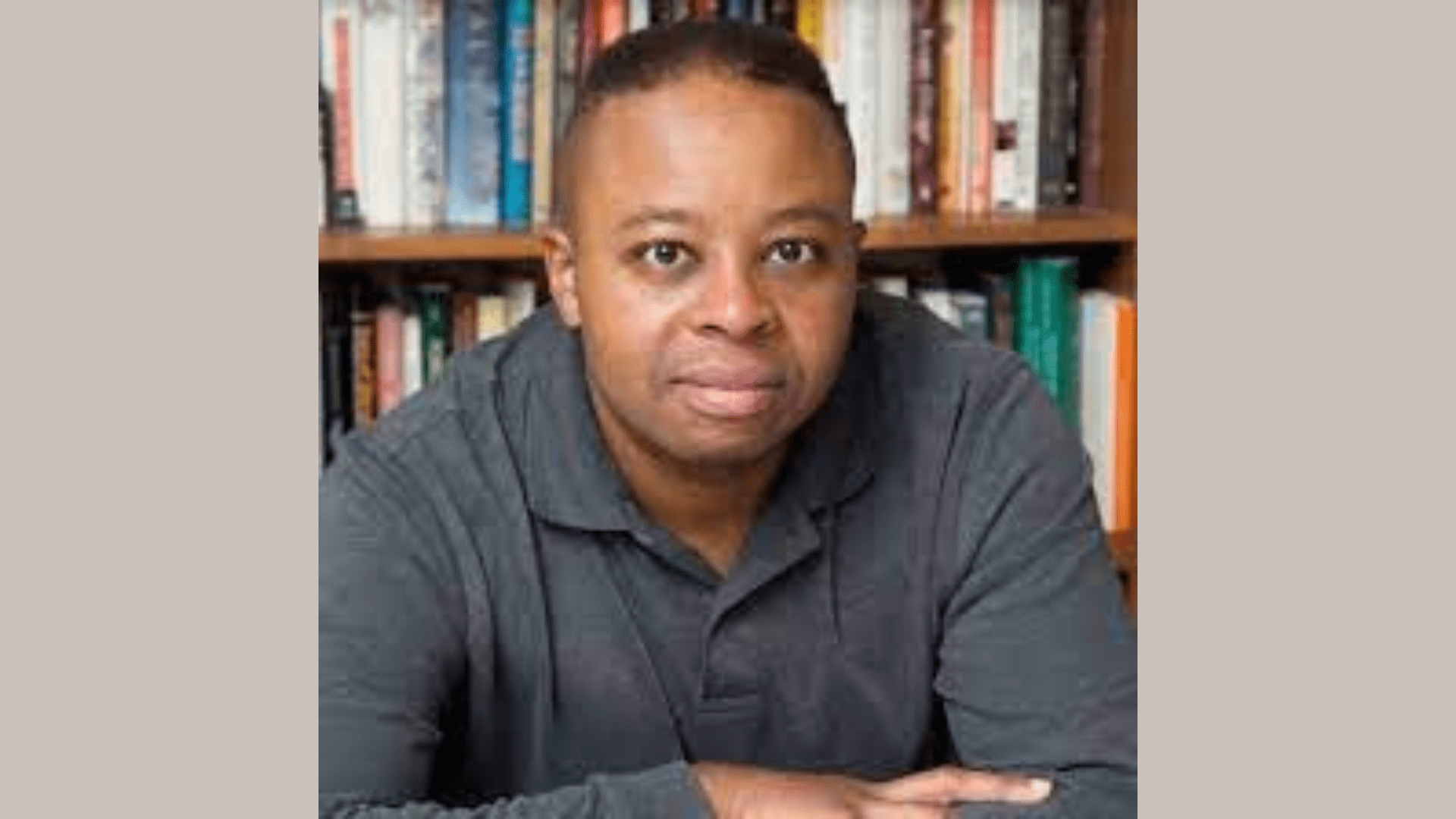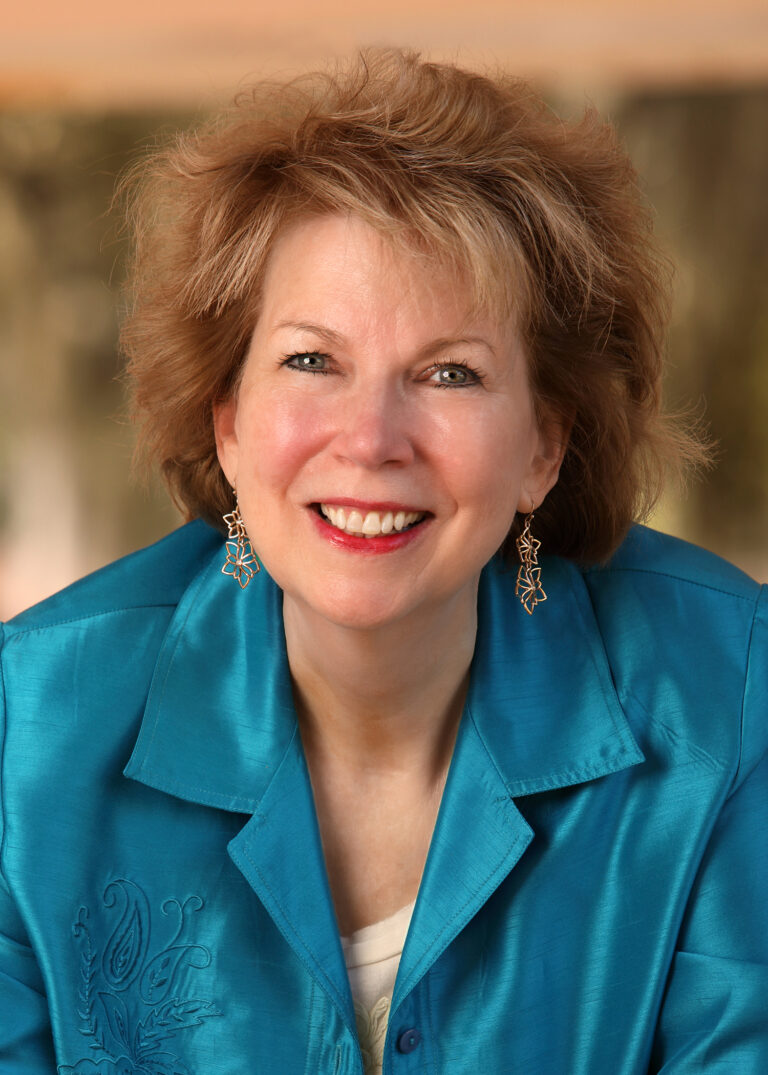The fight doesn’t end with celebrating Juneteenth
Here we are. Another year, another June and the nation is celebrating another Juneteenth holiday.
On June 17, 2021, President Biden signed the bill into law making Juneteenth the 11th holiday recognized by the federal government. At a White House ceremony, Biden singled out Opal Lee, an activist who at the age of 89 walked from her home in Fort Worth to Washington, D.C., and called her “a grandmother of the movement to make Juneteenth a federal holiday.”
On June 19, 1865, about two months after Confederate general Robert E. Lee surrendered at Appomattox, Va., Gordon Granger, a Union general, arrived in Galveston, Texas, to inform enslaved African Americans of their freedom and that the Civil War had ended. General Granger’s announcement put into effect the Emancipation Proclamation, which had been issued more than two-and-a-half years earlier, on Jan. 1, 1863, by President Abraham Lincoln.
As is the case with Black History Month and other events associated with people of African descent, we are rightly introduced to and reminded of the innumerable contributions Black people have made to this nation. Corporations make bold and brazen acknowledgments, various institutions and churches salute Black history, sponsor dinners representing a culinary smorgasbord undeniably definitive of recipes that originated in the African diaspora.
Such broad acknowledgment is commendable. Black people have a complex and vibrant history vastly distinct from other ethnic groups due to the religious, economic, social, psychological and educational experiences that have been visited and inflicted upon us.
By exploring and acknowledging Black history, the nation is paying homage to a group of men and women who are strong, resilient, innovative, forgiving (in some cases, arguably too forgiving) and have contributed immensely to the vitality and success of the United States – a nation where some people never intended for us to obtain full citizenship or be fully included within the panorama of American culture.
Racism has always been an intractable part of this nation. It is deeply ingrained in the fabric of our culture and is as American as apple pie. What we have witnessed over the past several years is blatant, undisguised bigotry – the type that many racist white people had to keep disguised and leashed since the 1950s – now being allowed to unapologetically permeate various sectors of our society, in many cases without consequences.
We have brazenly right-wing politicians who routinely stoke the flames of racial and cultural animosity and division to appeal to their rabid, reactionary base. The time is ripe for a reinforcement of Black excellence to combat such racial resistance.
Since the time of this nation’s inception, Black Americans have had to wage a historically long battle, fighting to obtain rights that were supposed to be guaranteed by our Constitution – rights most other groups have taken for granted. The mountains and minefields that our ancestors had to face head-on and triumph over are a testament to their impervious strength and spirit.
We are enduring similar battles today in the 21st century. Being Black in America often means waging an ongoing battle. We are seeing this with attacks on DEI, affirmative action, voting rights and other issues that are of crucial significance to the Black community.
While Juneteenth is an event that deserves to be part of the American holiday landscape, the fact is that a once per year celebration of a holiday aligned with the Black experience is not sufficient to compensate for the plethora of injustices that routinely affect many Black communities in our nation. The political, social, economic and cultural dilemmas facing Black America are problems that are endemic and deserve full and undivided attention.
Elwood Watson is a professor of history, Black studies, and gender and sexuality studies at East Tennessee State University. He is also an author and public speaker.





Meet the Editor
David Adlerstein, The Apalachicola Times’ digital editor, started with the news outlet in January 2002 as a reporter.
Prior to then, David Adlerstein began as a newspaperman with a small Boston weekly, after graduating magna cum laude from Brandeis University in Waltham, Massachusetts. He later edited the weekly Bellville Times, and as business reporter for the daily Marion Star, both not far from his hometown of Columbus, Ohio.
In 1995, he moved to South Florida, and worked as a business reporter and editor of Medical Business newspaper. In Jan. 2002, he began with the Apalachicola Times, first as reporter and later as editor, and in Oct. 2020, also began editing the Port St. Joe Star.